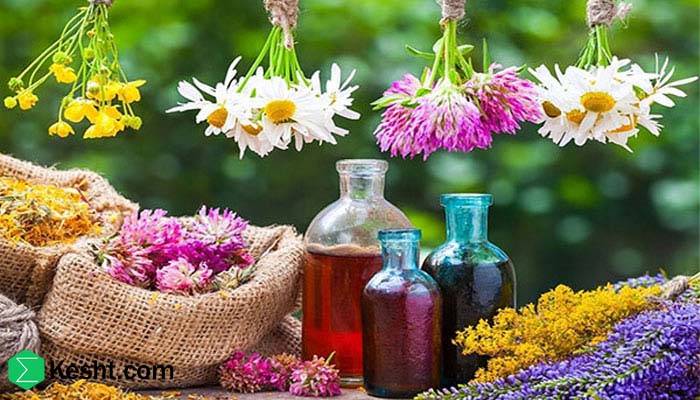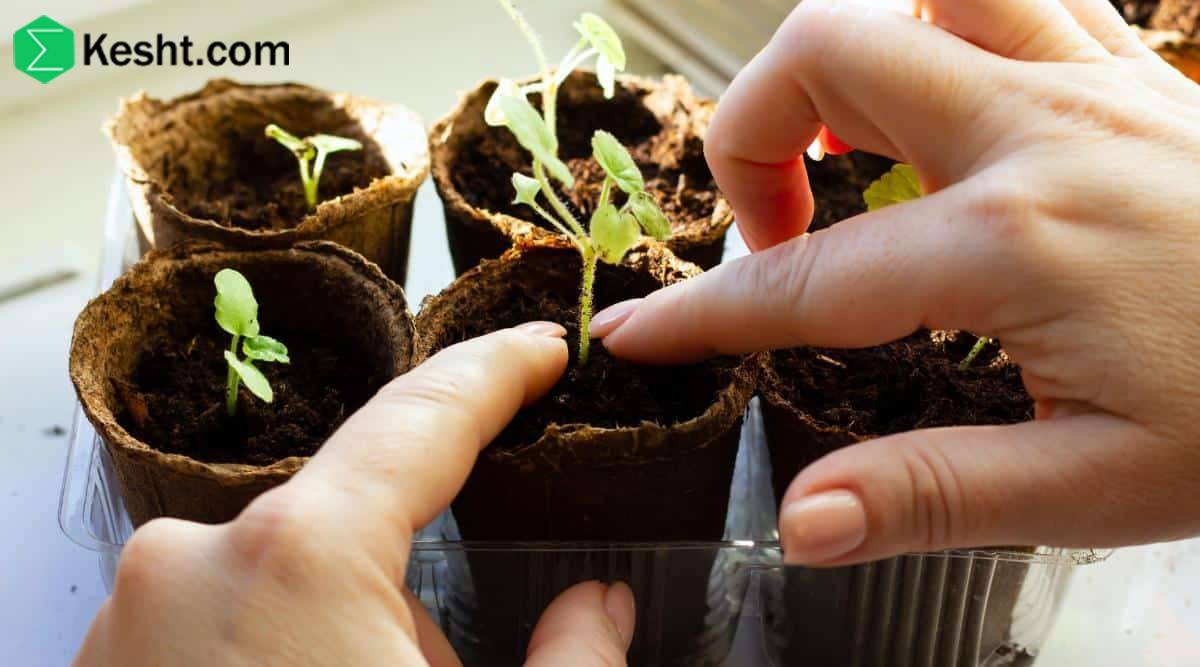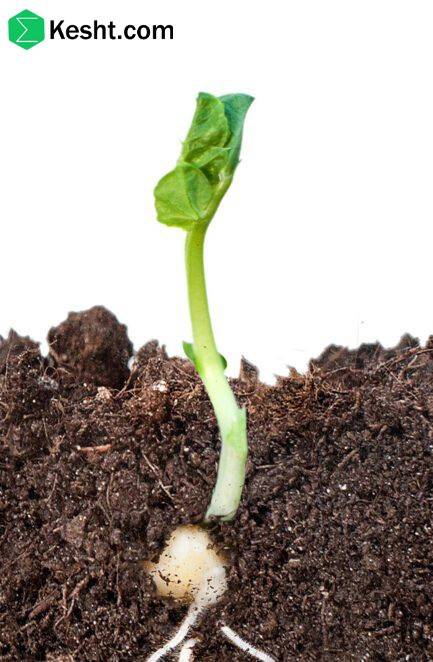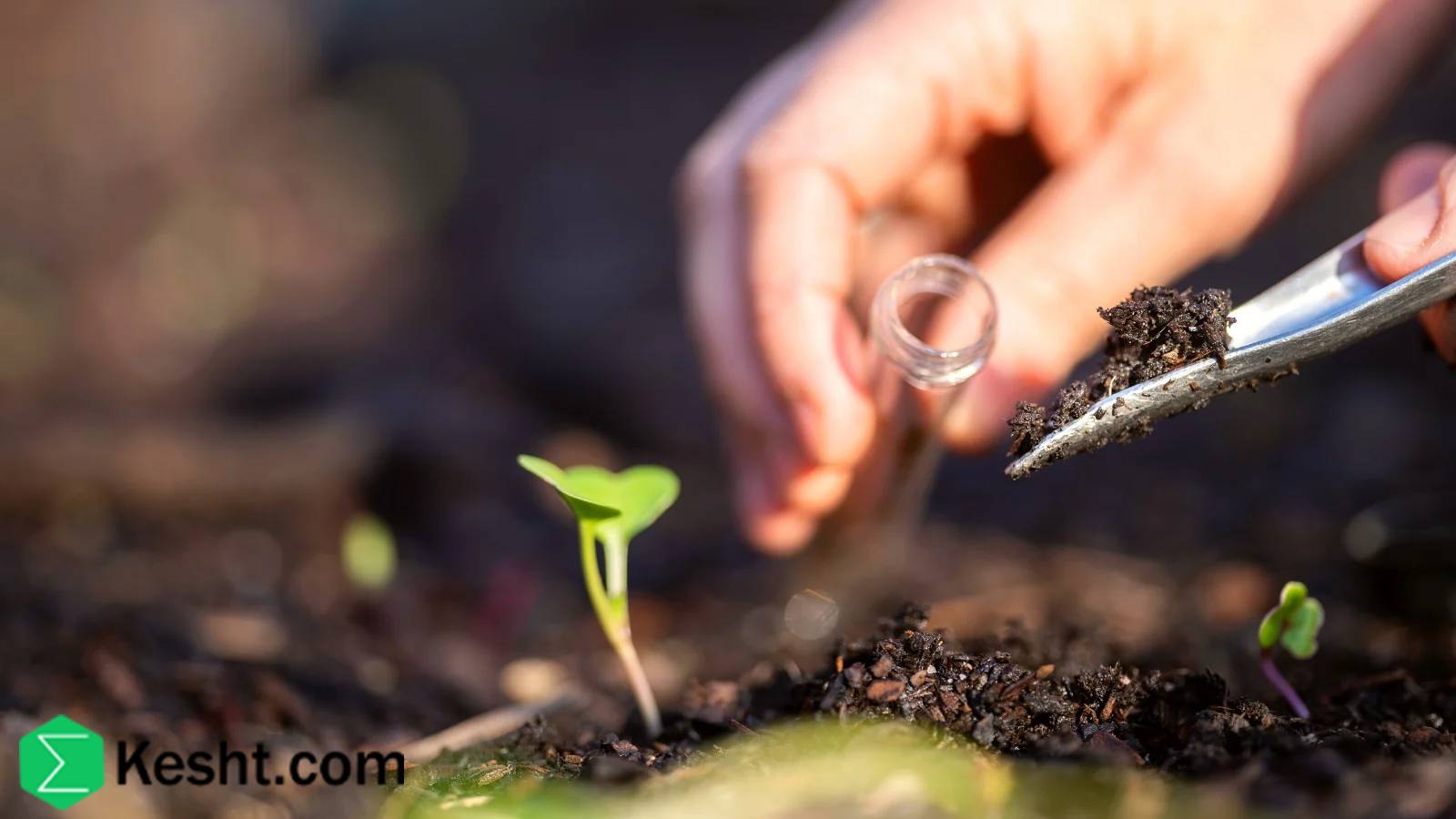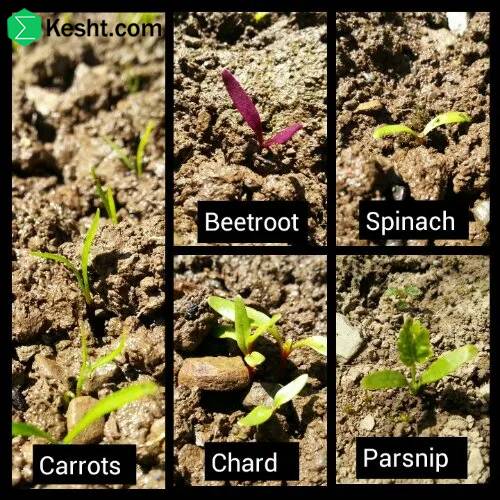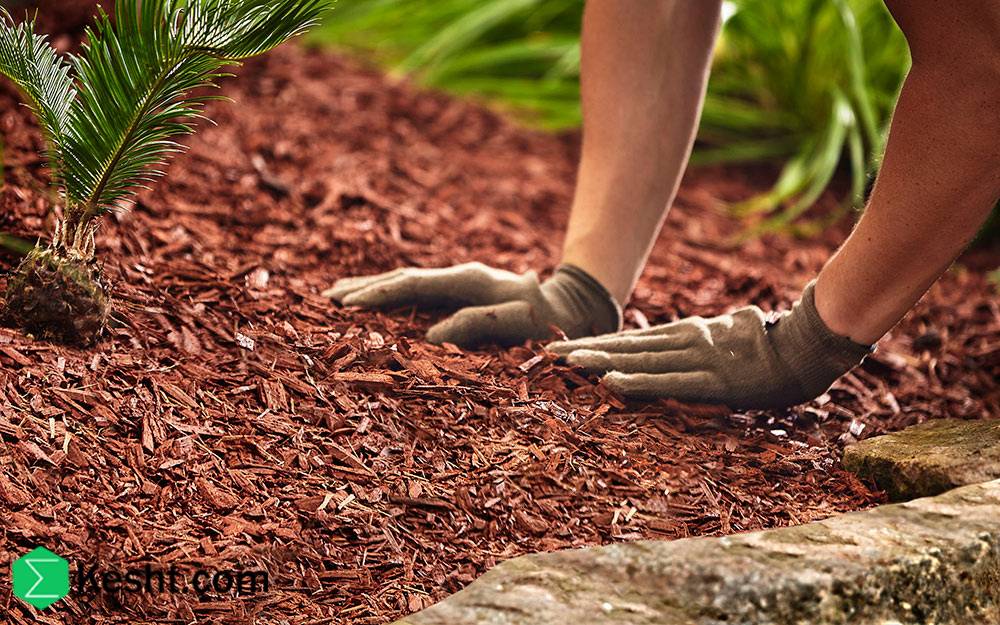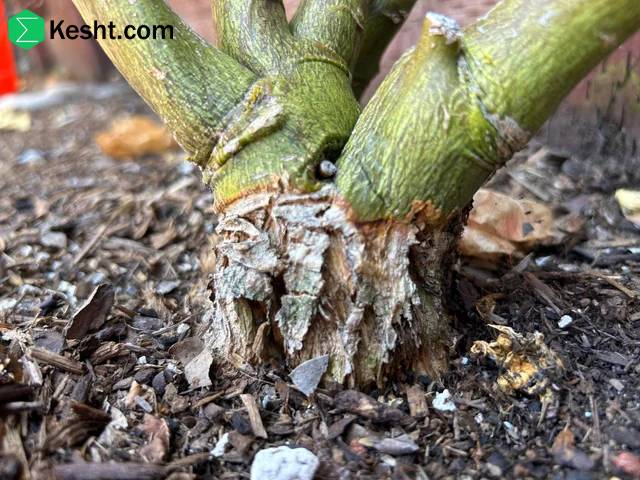Medicinal Plants
Medicinal plants play a significant role in both traditional and modern medicine due to their therapeutic properties and various uses. Here are some well-known medicinal plants and their benefits:
Saffron
Properties: Antidepressant, appetite stimulant, digestion improvement.
Uses: In tea, desserts, and dishes.
Chamomile
Properties: Calming, anti-inflammatory, pain relief for abdominal issues.
Uses: Infusion for relaxation and better sleep.
Mint
Properties: Aids digestion, relieves headaches, has antiseptic properties.
Uses: In tea, herbal infusions, and food.
Thyme
Properties: Antiseptic, cough relief, boosts immune system.
Uses: In foods, herbal teas, and inhalation.
Basil
Properties: Anti-inflammatory, immune booster, calming.
Uses: In salads, soups, and sauces.
Ginger
Properties: Anti-nausea, anti-inflammatory, immune booster.
Uses: In tea, foods, and herbal infusions.
Garlic
Properties: Lowers blood pressure, antibacterial, antiviral.
Uses: In foods and as a supplement.
Sage
Properties: Aids memory, anti-inflammatory, relieves menstrual pain.
Uses: In tea and herbal infusions.
If you are interested, it is recommended that you read the following article / article title:
summary of the approximate costs for various microbiological tests on seedlings
Important Considerations for Using Medicinal Plants:
Consultation with a Doctor: Always consult a doctor before using medicinal plants, especially if you have specific health conditions or are taking other medications.
Quality and Source: Use high-quality plants from reputable sources.
Side Effects: Be aware that some plants may have side effects or interact with other medications.
Using medicinal plants can promote health and prevent diseases, but it should be done with caution and awareness.
Medicinal Plants for Anxiety Relief
Several well-known medicinal plants can help reduce anxiety and stress. Here are some of them along with their properties and consumption methods:
Chamomile
Properties: Calming and soothing; can improve sleep and reduce anxiety.
Method of Use: Chamomile tea or chamomile oil in diffusers.
Valerian (Valeriana officinalis)
Properties: Has calming effects and can help improve sleep.
Method of Use: Valerian capsules or tea.
Sage
Properties: Can help reduce anxiety and improve mood.
Method of Use: Sage tea or sage oil.
St. John's Wort (Hypericum perforatum)
Properties: Known as a natural antidepressant and may help reduce anxiety.
Method of Use: Tea or capsules.
Holy Basil (Tulsi)
Properties: Helps reduce stress and anxiety; has antioxidant properties.
Method of Use: Tulsi tea or added to foods.
Lavender
Properties: Very effective for relaxation and alleviating stress and anxiety.
Method of Use: Lavender oil in diffusers or lavender tea
If you are interested, it is recommended that you read the following article / article title:
The Pros and Cons of Exporting Fruit Trees: A Grower's Guide
https://ekesht.com/en/blog/the-pros-and-cons-of-exporting-fruit-trees-a-growers-guide
Important Considerations:
Medical Consultation: Always consult a doctor before using any herbal remedies, especially if you are taking other medications.
Quality of Products: Use herbs from reputable sources.
Side Effects: Be aware that some plants may have side effects.
Using medicinal plants can serve as a natural approach to managing anxiety and stress, but it should be done with caution and awareness.
Recommended Dosages for Herbal Plants for Anxiety Relief
Chamomile
Recommended Dosage:
Tea: 1 to 2 teaspoons of dried flowers in 250 ml of boiling water, 2 to 3 times a day.
Valerian (Valeriana officinalis)
Recommended Dosage:
Capsules: 250 to 500 mg, 1 to 2 times a day.
Tea: 2 to 3 teaspoons of dried root in 250 ml of boiling water.
Sage
Recommended Dosage:
Tea: 1 to 2 teaspoons of dried leaves in 250 ml of boiling water, 2 to 3 times a day.
St. John's Wort (Hypericum perforatum)
Recommended Dosage:
Capsules: 300 mg, 2 to 3 times a day.
Tea: 2 to 3 teaspoons of dried herb in 250 ml of boiling water.
Holy Basil (Tulsi)
Recommended Dosage:
Tea: 1 teaspoon of dried leaves in 250 ml of boiling water, 1 to 2 times a day.
Lavender
Recommended Dosage:
Oil: 2 to 3 drops in a diffuser or for topical use (with a carrier oil).
Tea: 1 teaspoon of dried flowers in 250 ml of boiling water.
Important Considerations:
Consult a Doctor: Dosages may vary based on individual conditions and overall health.
Side Effects: Be aware of potential side effects and drug interactions.
Quality of Products: Use herbs from reputable sources. It is always recommended to consult a doctor or specialist before starting any herbal treatment.
If you are interested, it is recommended that you read the following article / article title:
https://ekesht.com/en/blog/blue-label-trees
Reputable Sources for Medicinal Plants
To obtain high-quality medicinal plants and ensure the credibility of sources, you can use the following methods and places:
Licensed Herbal Pharmacies:
Pharmacies that have official licenses from the Ministry of Health and are supervised by pharmacists are good sources for medicinal plants. These pharmacies typically offer plants with proper packaging and detailed information.
Specialized Herbal Stores:
Stores that specifically focus on selling medicinal plants and have the necessary licenses can be suitable options. These stores usually provide sufficient information about the origin and usage of the herbs.
Local Producers and Farmers:
In some areas, you can buy directly from farmers and producers who grow medicinal plants. This method can give you more assurance about the quality and freshness of the herbs.
Reputable Online Stores:
Some online retailers also offer medicinal plants. Before purchasing from these stores, ensure they have the necessary licenses and check customer reviews.
Important Considerations When Purchasing Medicinal Plants:
Packaging: Herbs should be in appropriate packaging with informational labels.
Production and Expiration Dates: Check the production and expiration dates, and avoid purchasing expired herbs.
Licenses: Ask the seller to provide necessary licenses.
Appearance of the Plant: The herbs should appear healthy and free from signs of contamination.
By following these tips, you can obtain quality and reputable medicinal plants and benefit from their therapeutic properties.
If you are interested, it is recommended that you read the following article / article title:
The best time to plant seedlings and check the soil
https://ekesht.com/en/blog/the-best-time-to-plant-seedlings-and-check-the-soil
How to Identify Quality Medicinal Plants
Identifying high-quality medicinal plants requires attention to several factors. Here are important tips for recognizing quality herbs:
Plant Appearance:
Color: Plants should have a natural and attractive color. Pale or discolored plants may indicate aging or low quality.
Aroma: Medicinal plants usually have a distinct fragrance. A strong aroma indicates high quality.
Packaging:
Labeling: Plants should have clear labels including the name of the plant, production and expiration dates, and usage instructions.
Proper Packaging: Herbs should be packaged in moisture-resistant and light-proof containers.
Source of Supply:
Purchase from Reputable Sources: Buy from well-established stores and pharmacies that have the necessary licenses.
Recognized Producers: Look for brands and producers with a good reputation in the market.
Nutritional Information and Properties:
Scientific Descriptions: Quality herbs typically come with detailed information about their properties and active compounds.
Scientific Research: Some plants may have scientific documentation or studies regarding their effects and properties.
Expiration Dates:
Check Production and Expiration Dates: Always review the production and expiration dates and avoid purchasing expired herbs.
Customer Experience and Reviews:
Customer Feedback: Reviews and ratings from previous customers can help you choose quality plants.
Personal Experiences: If possible, benefit from the experiences of those who have used the herb before.
By following these tips, you can identify effective and high-quality medicinal plants and take advantage of their therapeutic properties.
If you are interested, it is recommended that you read the following article / article title:
https://ekesht.com/en/blog/deep-irrigation
We are the “ekesht” platform — a subsidiary of Samin Atlas Iranians and the only official exporter of BlueLabel seedlings in Iran
Why Blue Label?
Because the world only trusts these seedlings!
Ordinary seedlings (without labels or other labels), even if one of them is infected, can destroy your entire garden — without you realizing it!
But the advantage of Blue Label seedlings:
✅Each of them has a global barcode
✅Tested in advanced laboratories
✅Free from any viruses and microbes
✅The only seedlings that are allowed to be legally exported!
This is important for you if:
- You want to build a garden that is productive and hassle-free
- You are looking for a long-term investment in gardening
- You want to start without stress, without losses, without surprises!
Blue Label seedlings = peace of mind
Because when the seedlings are healthy, the garden stays healthy — and real profits come!
Contact us now — before a random seedling destroys your garden!
Healthy Seedlings = Fruitful Garden = Smart Investment
And that’s exactly what we do at ekesht.
ekesht platform (with fifteen years of practical and successful trade experience with Russia, Kazakhstan, Iraq, China, Turkmenistan, Turkey, etc.) is ready to cooperate with people active in the field of agriculture.
For more information and additional information, please contact us via social media, phone call or email
Phone number:
Email:
Social media address:
